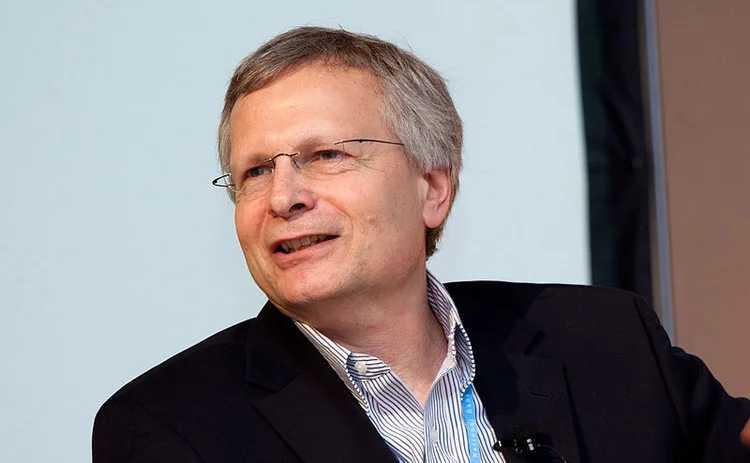
Globalisation becomes more divisive as it advances – Dani Rodrik
Harvard economist says gains from trade may not outweigh redistributive problems

Globalisation tends to generate a stronger backlash as it grows stronger, as its effects in generating inequality and undermining workers’ rights come to outweigh gains from trade, Dani Rodrik said today (September 25).
The Harvard University professor said the gains from trade tended to tail off at higher levels of globalisation, but the “redistributive consequences”, concentrating income among a smaller group of people, continue to increase more or less linearly.
In this way, globalisation
Only users who have a paid subscription or are part of a corporate subscription are able to print or copy content.
To access these options, along with all other subscription benefits, please contact info@centralbanking.com or view our subscription options here: www.centralbanking.com/subscriptions
You are currently unable to print this content. Please contact info@centralbanking.com to find out more.
You are currently unable to copy this content. Please contact info@centralbanking.com to find out more.
Copyright Infopro Digital Limited. All rights reserved.
As outlined in our terms and conditions, https://www.infopro-digital.com/terms-and-conditions/subscriptions/ (point 2.4), printing is limited to a single copy.
If you would like to purchase additional rights please email info@centralbanking.com
Copyright Infopro Digital Limited. All rights reserved.
You may share this content using our article tools. As outlined in our terms and conditions, https://www.infopro-digital.com/terms-and-conditions/subscriptions/ (clause 2.4), an Authorised User may only make one copy of the materials for their own personal use. You must also comply with the restrictions in clause 2.5.
If you would like to purchase additional rights please email info@centralbanking.com







